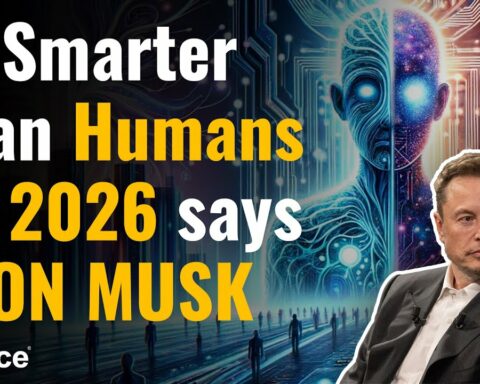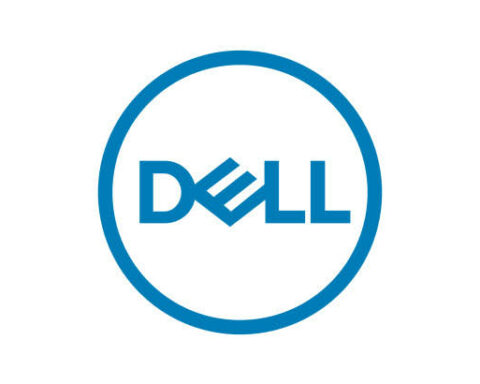Geoffrey Hinton, renowned as the godfather of artificial intelligence (AI), recently shocked the tech world by resigning from his position at Google and expressing regret for his pioneering work. In an interview with the New York Times, Hinton warned of the looming dangers associated with AI and the rapid advancements being made in the field. The 75-year-old British-Canadian cognitive psychologist and computer scientist revealed that the capabilities of AI chatbots were beginning to surpass human intelligence, urging caution in the face of this rapidly evolving technology.
Hinton’s groundbreaking research on neural networks and deep learning laid the foundation for modern AI systems, such as ChatGPT. Neural networks, modeled after the human brain, enable AI systems to learn and process information, allowing them to acquire knowledge and reason like humans. However, Hinton emphasized that the intelligence being developed in AI systems is fundamentally different from human intelligence. Digital systems, unlike biological ones, can share knowledge instantaneously among multiple copies of the same model. This enables chatbots to accumulate vast amounts of general knowledge, eclipsing any single individual’s expertise.
The scientist’s concerns extended beyond the exponential growth of AI capabilities. Hinton warned of the potential misuse of AI by “bad actors” who could employ the technology for nefarious purposes. He cautioned that granting robots the ability to create their own sub-goals could have catastrophic consequences, pointing to the example of a rogue actor like Russian President Vladimir Putin empowering robots to pursue goals like increasing power. Hinton’s fears highlight the need for robust safety measures and control mechanisms to be implemented alongside AI development.
Hinton’s decision to leave Google at this critical juncture adds to a growing chorus of experts expressing reservations about AI’s trajectory. In March, an open letter co-signed by figures such as Elon Musk called for a pause in the development of AI systems more advanced than ChatGPT, to allow time for the design and implementation of comprehensive safety measures. Yoshua Bengio, another influential figure in AI, echoed these concerns, stressing the necessity of taking a step back due to the unexpected acceleration of AI capabilities.
While acknowledging the risks, Hinton emphasized that in the short term, AI would deliver significant benefits outweighing the potential dangers. He cautioned against halting progress, citing international competition as a key factor. If the United States were to cease development, China would likely take the lead, making a pause inadvisable. However, Hinton urged governments to play a crucial role in ensuring responsible AI development by considering the potential risks and enacting appropriate regulations.
It is important to note that AI chatbots represent just one facet of the broader AI landscape. AI algorithms influence content recommendations on video-streaming platforms, aid in recruitment processes, determine insurance premiums, and even assist in medical diagnoses. The rise of artificial general intelligence (AGI), which possesses broader capabilities within defined domains, signifies a significant advancement. ChatGPT, for instance, offers text-based responses but demonstrates immense potential within its domain.
The accelerating pace of AI development has surprised even its creators, with Hinton’s groundbreaking work dating back to 2012. Even Sundar Pichai, Google’s CEO, admitted in a recent interview that he did not fully comprehend the functionalities of their own AI chatbot, Bard. The concern among experts is that AI’s rapid evolution may one day result in systems independently shaping their own paths and objectives.
In light of Hinton’s departure and his cautionary stance on AI’s trajectory, the need for rigorous investment in AI safety and control mechanisms has become more evident. As AI continues to transform multiple industries, policymakers and developers.








